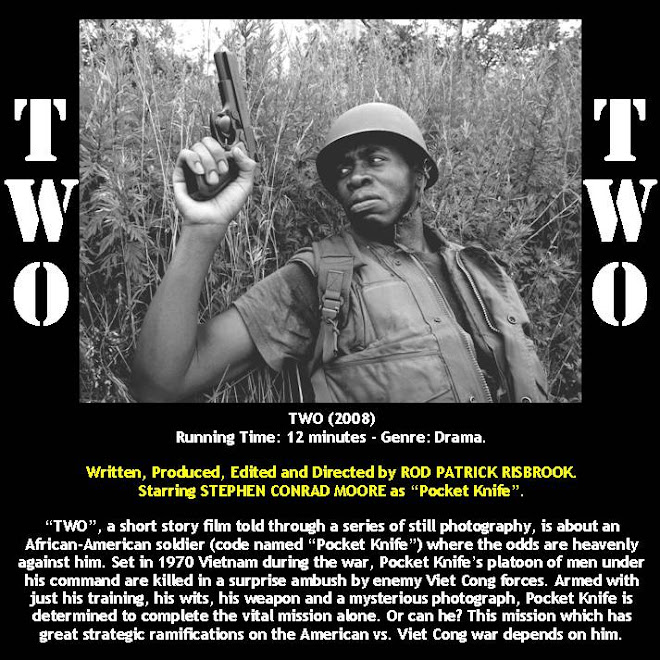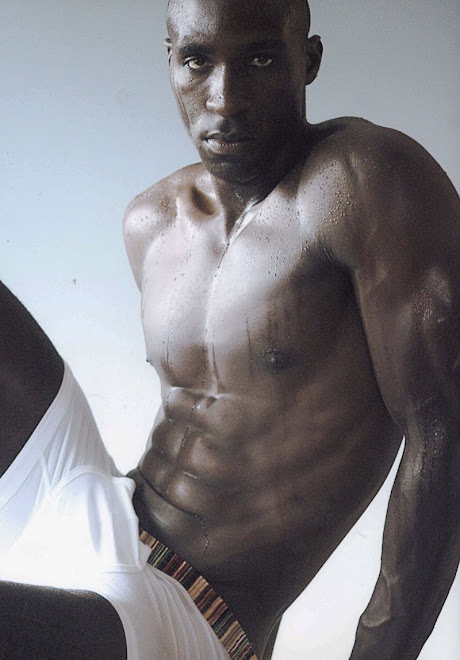
The Associated Press reports on the widespread homophobia across the continent of Africa that has reached an all time high with some Africans committing unconscionable crimes against gay men even after death.
The Associated Press reports:
Senegal- Madieye Diallo's body had only been in the ground for a few hours when the mob descended on the weedy cemetery with shovels. They yanked out the corpse, spit on its torso, dragged it away and dumped it in front of the home of his elderly parents.
A wave of intense homophobia is washing across Africa, where homosexuality is already illegal in at least 37 countries.
In the last year alone, gay men have been arrested in Kenya, Malawi, Sierra Leone and Nigeria. In Uganda, lawmakers are considering a bill that would sentence homosexuals to life in prison and include capital punishment for 'repeat offenders.' And in South Africa, the only country that recognizes gay rights, gangs have carried out so-called "corrective" rapes on lesbians.
Diallo was an activist and a leader of a gay organization called And Ligay, meaning "Working together," which he ran out of his parents' house.
He was HIV-positive and on medication.
When the tabloid published the photograph, Diallo went into hiding, according to a close friend who asked not to be named because he too is gay. Unable to go to the doctor, Diallo stopped taking his anti-retrovirals. By the spring of 2009, he was so ill that his family checked him into St. Jean de Dieu, a Catholic hospital in downtown Thies, says the friend.
He was in a coma when he died at 5:50 a.m. on May 2, 2009, according to the hospital's records. Although the hospital has a unit dedicated to treating HIV patients, the young man's family never disclosed his illness, according to the doctor in charge.
Several gay friends tried to see Diallo in the hospital but were told to stay away by his family, says the friend.

When the AP tried to speak to Diallo's elderly father at his shop on the main thoroughfare in Thies, his other children demanded the reporter leave. One sister covered her face and sobbed. Another said, "There are no homosexuals here."
Hours after he died, his family took Diallo's body to a nearby mosque, where custom holds the corpse should be bathed and wrapped in a white cloth. Before the family could bathe him, news reached the mosque that Diallo was gay and they were chased out, says the dead man's friend. His relatives hastily wrapped him in a sheet and headed to the cemetery, where they carried him past the home of Babacar Sene.
"A man that's known as being a homosexual can't be buried in a cemetery. His body needs to be thrown away like trash," says Sene. "His parents knew that he was gay and they did nothing about it. So when he died we wanted to make sure he was punished."
A wave of intense homophobia is washing across Africa, where homosexuality is already illegal in at least 37 countries.
In the last year alone, gay men have been arrested in Kenya, Malawi, Sierra Leone and Nigeria. In Uganda, lawmakers are considering a bill that would sentence homosexuals to life in prison and include capital punishment for 'repeat offenders.' And in South Africa, the only country that recognizes gay rights, gangs have carried out so-called "corrective" rapes on lesbians.
Diallo was an activist and a leader of a gay organization called And Ligay, meaning "Working together," which he ran out of his parents' house.
He was HIV-positive and on medication.
When the tabloid published the photograph, Diallo went into hiding, according to a close friend who asked not to be named because he too is gay. Unable to go to the doctor, Diallo stopped taking his anti-retrovirals. By the spring of 2009, he was so ill that his family checked him into St. Jean de Dieu, a Catholic hospital in downtown Thies, says the friend.
He was in a coma when he died at 5:50 a.m. on May 2, 2009, according to the hospital's records. Although the hospital has a unit dedicated to treating HIV patients, the young man's family never disclosed his illness, according to the doctor in charge.
Several gay friends tried to see Diallo in the hospital but were told to stay away by his family, says the friend.

When the AP tried to speak to Diallo's elderly father at his shop on the main thoroughfare in Thies, his other children demanded the reporter leave. One sister covered her face and sobbed. Another said, "There are no homosexuals here."
Hours after he died, his family took Diallo's body to a nearby mosque, where custom holds the corpse should be bathed and wrapped in a white cloth. Before the family could bathe him, news reached the mosque that Diallo was gay and they were chased out, says the dead man's friend. His relatives hastily wrapped him in a sheet and headed to the cemetery, where they carried him past the home of Babacar Sene.
"A man that's known as being a homosexual can't be buried in a cemetery. His body needs to be thrown away like trash," says Sene. "His parents knew that he was gay and they did nothing about it. So when he died we wanted to make sure he was punished."


+LR+Edit+32.jpg)

.jpg)


























.jpg)




Shocking and so, so sad. Africa is one of the most beautiful countries I've had the honour to visit on a few occasions, and its people are overwhelmingly warm, kind and beautiful.
ReplyDeleteAnd yet, so very, very bigoted.
The way religion and theologically-steeped ideology has saturated that continent and its great people has robbed them of the freedom to be rational, liberal and *human*.
So sad :-(
Thanks for your comment, Liam.
ReplyDeleteThis has me totally heartbroken and at the heart of all this madness (due to religion) is the fact AFRICAN DIASPORIC folks are DENIGRATING, DISRESPECTING and KILLING other AFRICAN DIASPORIC folks just like the intensified homo-reactionary views in Jamaica.
Very depressing... Thanks again for your comments, Liam!
This saddens me. Whatever happened to our Africa? The Africa that was about mutual understanding and harmonious love...the Africa our ancestors created and left for us to protect. We have lost touch with our true identity. And yes religion has torn such beautiful people apart.
ReplyDelete